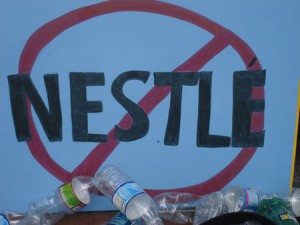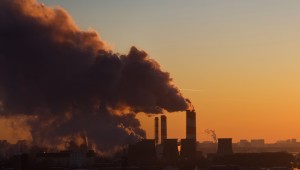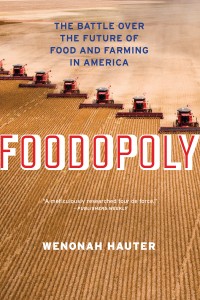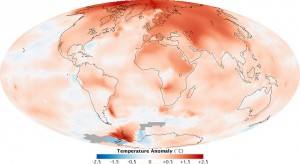 By Mitch Jones
By Mitch Jones
Two recent news items highlight the need for policy makers concerned about climate change – which should be all of them, but sadly it isn’t – to rethink their recent approach to reducing carbon emissions.
When President Obama gave his Inaugural Address on January 21, he highlighted the need to take action on climate change. The mention of climate change, after the issues was largely ignored in the election before Sandy hit, was lauded by environmentalists as a sign that the Obama administration was going to do some to curb emissions. What that something would be was left unsaid.
Just three days after President Obama’s speech, carbon prices in Europe’s cap and trade system plummeted to an all time low, causing speculation that the trading regime stands on the verge of collapse. My colleague Geert de Cock wrote a post last week that explains how and why the carbon market in European has failed. Food & Water Europe has joined with other organizations across Europe calling for the EU trading system to be abolished.
The collapse of the EU system – basically a pay-to-pollute scheme – shows that as we move forward to combat climate change in the US we cannot return to the policies put forward as recently as 2009. In that year the US House passed a cap and trade bill that would have created a nationwide carbon market. And the initial news is that the administration is looking at actually reducing emissions, rather than hoping a system that hasn’t worked anywhere, will suddenly start working.
We need to address climate change now, but not by adopting pay-to-pollute deregulatory schemes cooked up in right wing think tanks. We need to truly reduce emissions, building on successes like the increase in fuel efficiency standards implemented by the Obama administration, and committing to ending our addiction to dirty fossil fuels.







 This week
This week